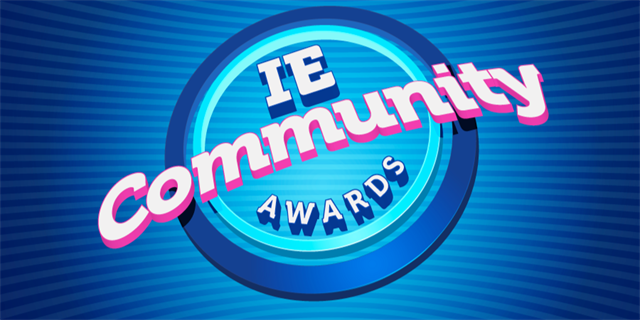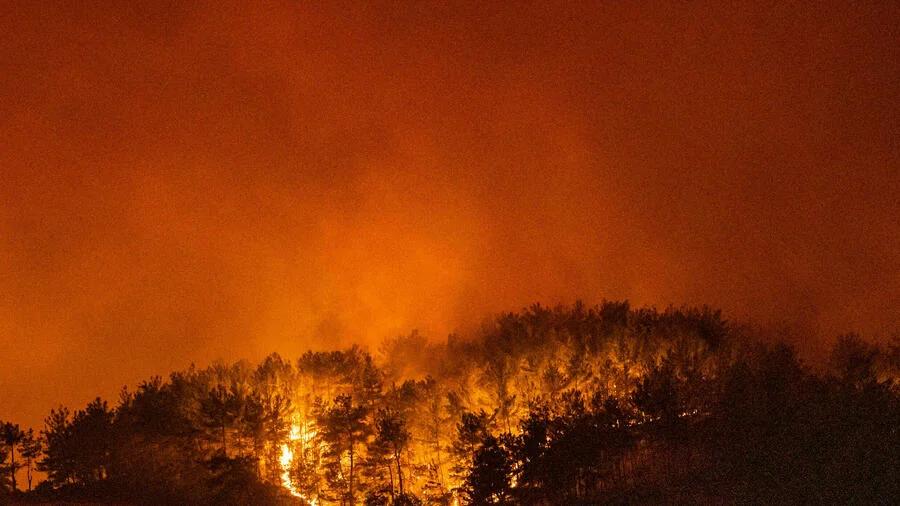
Haiti, once known as the Pearl of the Antilles, is a country often in the news cycle for ecological devastation, political unrest, and widespread poverty. Though many Haitians hoped that the turn of the decade would represent a new chapter for the country, the political and social crises that have ensued do not give much hope to Haitians.
On August 14, Haitians in the southern part of the country experienced a 7.2 magnitude earthquake, larger than the infamous earthquake of January 12, 2010 which killed 220,000 people. This earthquake claimed around 2,000 lives, as it hit a less-densely populated part of the country, but left significant damage to the Haitian infrastructure, destroying “tens of thousands of buildings.” As Haiti looks to recover from the disastrous earthquake, it was already trying to recuperate from the subsequent damages from Hurricane Grace that hit the island on August 16. The two disasters were the last things the island needed, as political and social turmoil have already torn the country apart.
On July 7, 2021, the President of Haiti, Jovenel Moïse, was assassinated by a group of armed insurgents at his home in Port-au-Prince. Though Moïse was an incredibly controversial and disliked leader, his assassination shook Haiti and threw the government into a power struggle between ex Prime Minister Claude Joseph, and Moïse’s chosen succesor, Ariel Henry. After the assassination, Joseph led the country for some weeks and then stepped down, allowing Henry to take the reins of the nation.
Though under Moïse, Haiti was practically under one-man rule. The Parliament became defunct after the country failed to hold legislative elections in 2019, leaving Moïse to lead through a Presidential decree. This became a major point of conflict during his mandate as it also questioned his legitimacy to continue leading the country.
Additionally, gang violence and kidnappings have also been rampant in the country. Many prominent gangs in Haiti have used kidnapping as a source of income by setting ransoms for hostages, be it children, priests, or adults. Last year, the Center for Human Rights Analysis and Research of Port-au-Prince’s director, Gedeon Jean, said that 796 kidnappings were recorded, though he estimates the number to be higher as many do not report in fear of gang retaliation. Gang fighting has also displaced an estimated 18,000 people since the beginning of June 2021.
Haiti also has its own economic struggles, and a defunct government in transition, brutal hurricanes, and gang violence are some of the many additional problems that the country faces. The current government under Ariel Henry looks to move the country to the polls once again, but due to the damage in the southern peninsula of Haiti, it is likely that the elections will be postponed once again.
The United Nations urged its members to send aid to Haiti as the suffering from the earthquake affects an estimated 1.2 million Haitians.







